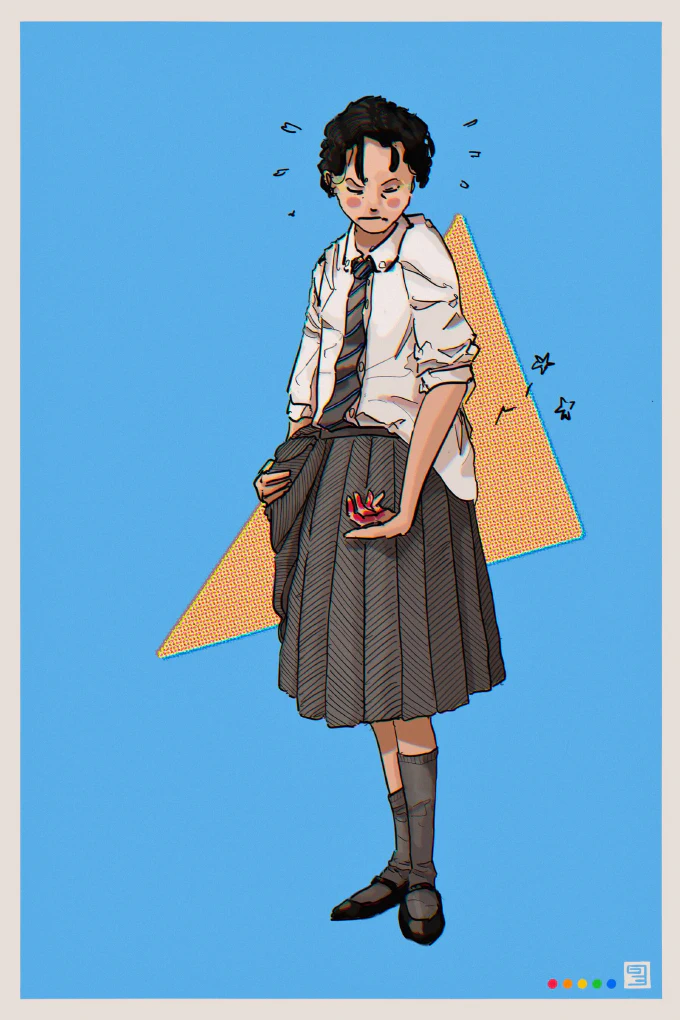NEW Story: Sunday Morning
The Cane
The years that were supposed to be Tzipora’s finest were falling apart. She was fourteen, out of money and out of options. Her tuition laboured on, paid in advance, but there was nothing left over for her. Her mother didn’t send money or letters anymore. So Tzipora lived on the free dinners provided by the Sisters of Charity and gifts from people who pitied her, mostly wealthy migrants associated with the church. Her shoes worn smooth slipped in the school halls, and her shirt collar had yellowed.
She was angry and short-tempered, and bullied frequently by the other girls. She despised every one of her teachers, and her disrespect padded the margins of the punishment book.
“… I’ll show you, girl. Stand up.”
It was very straightforward. Most teachers used a cane or yardstick across your ass or the palm of your hand, and that was that. Ms Gale, who was from England, carried a tawse to suit her temper. She hated Tzipora, she really did. One time, Tzipora talked back after being punished for truancy, and Ms Gale pulled the girl by the ear up to the teacher’s desk in the middle of class. She opened the drawer, whipped out the belt, and forced her over the desktop. The belt cracked and the girl screamed, and the teacher shouted for quiet. It would go on like this for over a minute, and by the time she was done, Tzipora was struggling to walk. A couple girls helped her to the nurse. They weren’t supposed to hit that much — but what could she do? Complain?
Someone must have said something, because next time Tzipora had Ms Gale, she didn’t have her belt anymore.
In the Catholic schools of the Sacramento area, stocked with fresh young migrants and boarders, physical punishment was common and encouraged. The surrounding boys’ schools, like St Michael’s Collegiate, saw about sixty percent of its boys caned or strapped. St Mary’s was a girls’ school, and so it caned girls. More specifically, it caned Tzipora, which left her with nerve damage in her lower back. When she left school for the East Coast, riding freight trains with migrants, she would be reminded of Ms Gale’s strength every time the railcar jolted.
It took two months into Tzipora’s second chance at school in Vekllei before she realised no one got hit. She asked Baron, and he told her it had been illegal to cane students for nearly forty years.
“So how do they keep me from causing a fuss?” Tzipora asked, placing a hand on the seat of her skirt.
“As if there’s a person alive capable of preventing you causing a fuss,” Baron scoffed.
